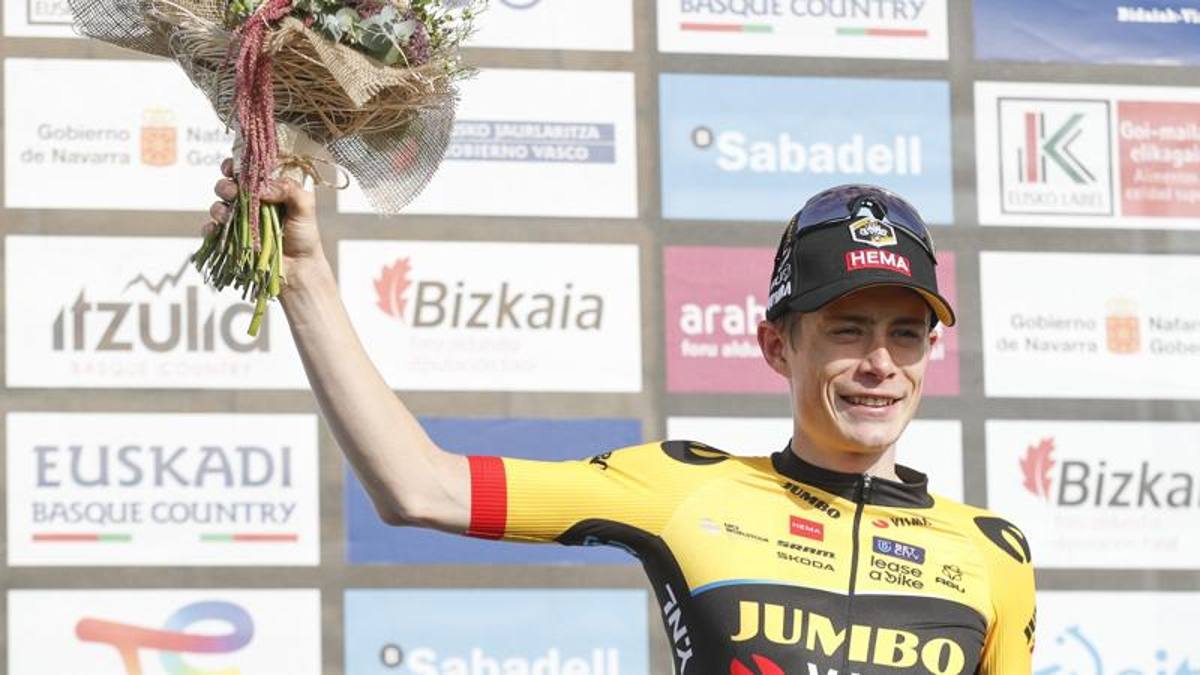Dani Alves could not imagine, when he landed in Barcelona from Mexico, that on Friday night he would sleep in the Brians 1 prison, the one that houses preventive prisoners in Catalonia. The 39-year-old Brazilian soccer player declared at noon before the judge as being investigated for the alleged rape of a 23-year-old girl in the toilets of the VIP area of the Sutton nightclub in Barcelona. Alves gave up to three different versions of what happened, none of which matches the evidence compiled by the Mossos d’Esquadra. That nonsense – which contrasted with the strength of the girl’s statement – led the magistrate to order provisional detention against the former Barça soccer player for risk of flight. In Brians 1 he has stayed only three nights. This Monday morning, the Generalitat has agreed to transfer him to the neighboring Brians 2 prison —in Sant Esteve Sesrovires, about 40 kilometers from Barcelona— to “guarantee safety and coexistence.”
The Brians 2 prison, which is Alves’ new home from this noon, is a center for inmates serving prison sentences, although “it also welcomes pretrials,” according to sources from the Government Department of Justice. The characteristic that distinguishes it is that it has smaller residential modules (with around 80 inmates each, instead of the close to 200 in Brians 1), which “makes it possible to better guarantee safety and coexistence”. Department sources point out that no threat against Alves’ physical integrity has been registered, but that the presence of a world soccer star could alter the operation of the module in which he is. The smaller the module, these sources insist, the easier it will be for prison life to run its normal course. The defender has been received in the Brians 2 income department, where he will be visited by the center’s professionals, who will decide the module in which he will remain.
The winger, who was playing for Pumas de México —the team terminated his contract after learning of his imprisonment— has spent his first three days at Brians 1. After the impact of the first day behind bars, in which he felt helpless and did not want contact with anyone or barely eat, the player improved his state of mind over the weekend, while he remained in the income module. The center management decided to assign him a cellmate.
Quique Garcia (EFE)
His admission to prison took the player by surprise and set off all the alarms for his family and those around him, who are taking steps to reverse Alves’ personal situation and get him to leave provisional prison sooner rather than later. The first and most urgent of these maneuvers is to change lawyers and strategies. Until now, Alves’ defense remains in the hands of Miraida Wilson, the Barcelona lawyer who advised him on his arrival in Barcelona and on the statement before the judge. However, the family questions how the case has been handled and, over the weekend, has maintained contacts with various lawyers; in particular, with Andrés Maluenda, a lawyer from Barcelona with extensive experience in criminal law. Judicial sources have confirmed to this newspaper that Maluenda has been commissioned by the family, although the transfer of powers has not taken place. This newspaper has tried to speak repeatedly, without success, with Wilson to find out her version.
Meanwhile, time continues to run against Alves. This Monday expires the deadline for him to present an appeal for reform against the provisional prison order. The judge who occupies the trial court number 15 in Barcelona, who replaces the head, will have to decide on that appeal, so she will in all probability maintain the same position. As judicial sources have explained, the extensive order issued on Friday is solid and forceful, and is based both on the persistent statement of the victim and on the evidence (biological remains, fingerprints, security cameras from the Sutton nightclub) collected and analyzed by the Mossos.
The defense also has the option of filing an appeal before a higher body, the Court of Barcelona, to try that provisional detention —the most burdensome precautionary measure— can be replaced by a lighter one, such as the prohibition to leave Spain. or the withdrawal of the passport. In her prison order, the judge argued that there is a risk of flight due to the high penalties provided for a sexual assault like the one Alves allegedly committed (from four to 12 years in prison). The high purchasing power of the player would allow him to quickly flee the country. In addition, his Brazilian nationality facilitates his possible escape: there is no extradition agreement between Spain and Brazil.
#Generalitat #transfers #Dani #Alves #prison #guarantee #safety #coexistence
/cloudfront-eu-central-1.images.arcpublishing.com/prisa/VBHW4T47VFDLJGY3KA4XZLL6J4.jpg)








